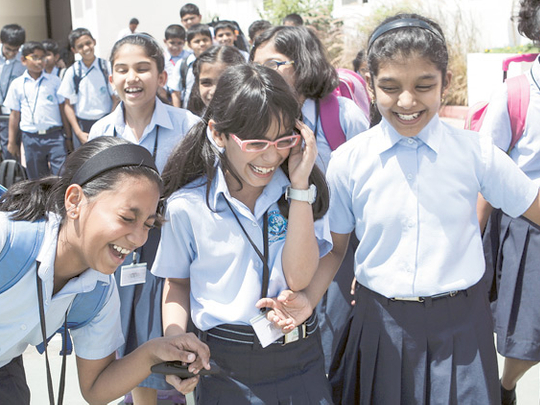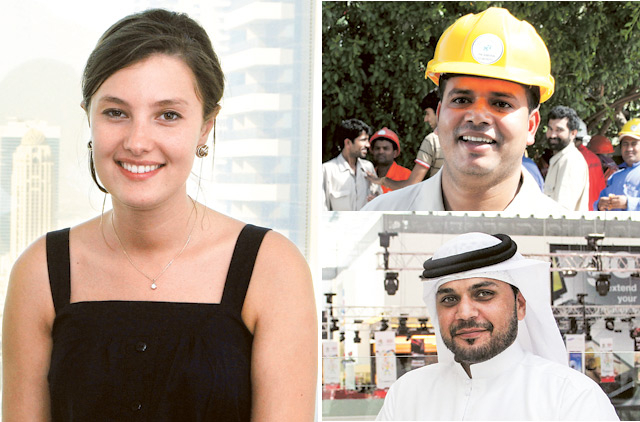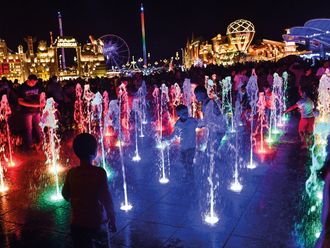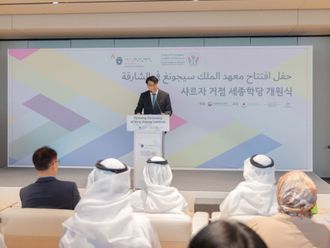
Dubai: Residents have reported an average happiness quotient of 7.9, indicating that they are extremely happy, according to the latest Social Study Results for 2011 by the Community Development Authority (CDA).
The study, which included around 20,000 Emiratis as well as expatriates, gauged satisfaction levels of the residents about their lives in Dubai; social cohesion; needs and social services; human rights; national identity; personal opinions and values and social empowerment and participation.
The CDA will send reports of the study to different sectors and the results will be used to further improve community service standards in Dubai, said Khalid Al Kamda, Director General of CDA.
“We will be sending reports to different authorities regarding their section on what needs to be done and what the indicators are showing. The areas of concern would be reviewed and after six months we will find the progress,” Al Kamda told Gulf News.
According to the study, which also included 500 individuals from labour communities, a majority of Dubai residents feel their human rights are protected, they are financially secure and able to meet their requirements.
“We found that people feel they are not discriminated against, they are safe, they are protected, the laws are made to protect all, and were happier in terms of work issues as well. They compared all of this to their home countries and many of them would prefer to live in Dubai,” he said.
Regarding their ‘Life in Dubai’, the residents reported a happiness mean of 7.9 on a scale of 0 to 10. The highest average was reported amongst Emiratis at 8.3, followed by Western expatriates at 8, Arab expatriates at 7.9 and Asian expats at 7.8. A high majority, 93 per cent, felt protected and safe in Dubai.
When it came to social cohesion, expatriates showed higher levels of satisfaction about their family lives compared to Emiratis. While 97.7 per cent of Western expatriates said they were happy with their family lives, this percentage was 97.3 for Arab expats, 96.9 for Asian expats and 93.6 for Emiratis.
The satisfaction rates were not as high when it came to social services. The satisfaction percentage of people who utilised services in the social sector was 67 per cent for human rights, 48.4 per cent for educational services, 33.9 for inclusion of people with disabilities in the workforce.
Interestingly, when it came to loans, the highest percentage of borrowers was among Emiratis at 36.8 per cent and around 15 per cent of them had defaulted once or more on their monthly payments during the year previous to the study. Western expats were the second highest borrowing individuals, followed by Arab and Asian expatriates.
In securing basic living needs, over 95 per cent, said they were able to secure adequate financial resources to meet their needs for food, clothing and housing.
While more than 75 per cent believed they were immune to arbitrary work practices, there were about 16 per cent of non-Emiratis who did not agree that everyone received equal treatment by the police.













